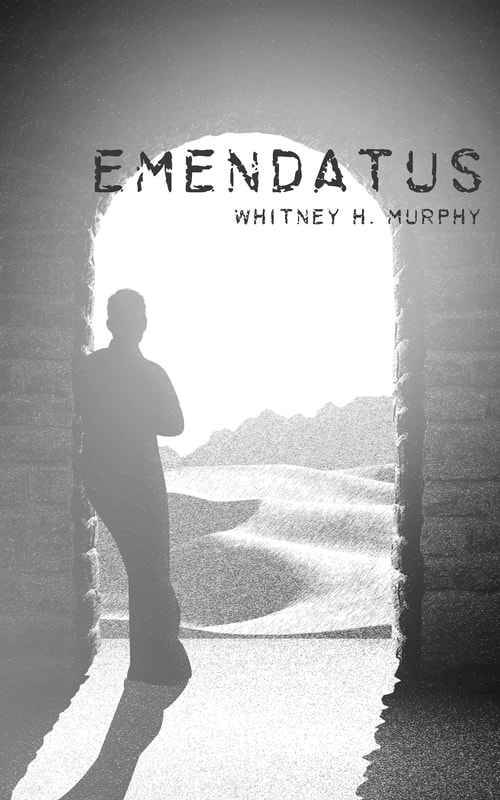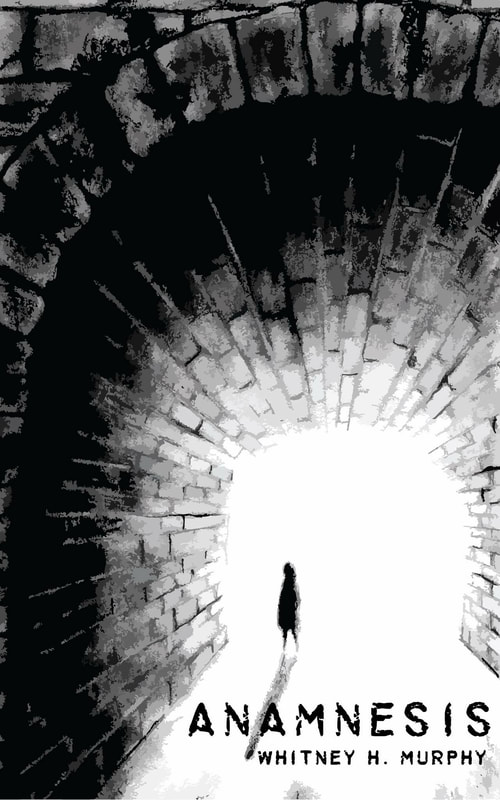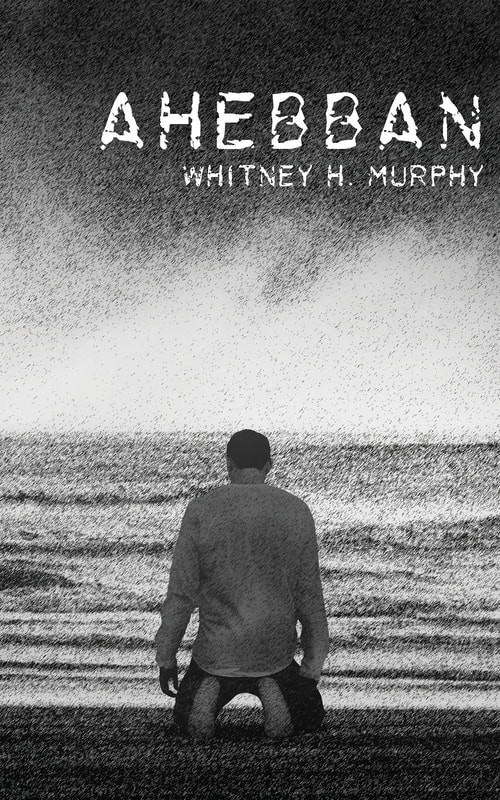Current titles in the Ages of Claya fiction series:
|
ANAMNESIS - Ages of Claya Book 1
A desperate search for survival—and answers As survivors in a ruined city, there are some realities we can’t escape. Or forget. Like the truth that our bodies don’t work anymore. We all know it—with every aching breath, we know it. Or the fact that few of us can recall our own names, let alone the name of our city, our land, or our people. The lack of answers rules our weary minds, flooding—like the fears in our hearts and the pains that crawl along our dying bodies. And the answers lie buried in the ruins that crumble all around us. The term anamnesis relates to both modern psychology and ancient Greek philosophy. In short, it refers to the concept that truths and realities learned in this life are not actually learned, but remembered from a previous life or existence. |

EMENDATUS - Ages of Claya Book 2
When the world seems broken…there are those who rise to mend it.
Over two hundred years ago, the survivors of Tekéhldeth escaped their birthplace and the terror that haunted them there. Now their descendants flood the lands of Glesia from the western shores to the inland sea.
But their world remains flawed. Incomplete.
It’s incomplete for the voránjevin clan that aches for vengeance, and for the human refugees who struggle at the edge of war. It’s incomplete for the boy born with the curse of black eyes and the girl found abandoned by the sea. The world is still broken—scarred by flaws that even the angelic immortals will struggle hopelessly to mend.
The term emendatus comes from Latin, and is a form of the verb "to amend". I typically translate it as "amended".
When the world seems broken…there are those who rise to mend it.
Over two hundred years ago, the survivors of Tekéhldeth escaped their birthplace and the terror that haunted them there. Now their descendants flood the lands of Glesia from the western shores to the inland sea.
But their world remains flawed. Incomplete.
It’s incomplete for the voránjevin clan that aches for vengeance, and for the human refugees who struggle at the edge of war. It’s incomplete for the boy born with the curse of black eyes and the girl found abandoned by the sea. The world is still broken—scarred by flaws that even the angelic immortals will struggle hopelessly to mend.
The term emendatus comes from Latin, and is a form of the verb "to amend". I typically translate it as "amended".
|
AHEBBAN - Ages of Claya Book 3 When life’s winds threaten to choke the hope from our hearts, we can let it destroy us—or learn to rise above it all. In generations past, godlike immortals brought peace and stability to the flawed and broken world of Claya. Now, more than one hundred and fifty years later, few remember their glory. But the age of the immortals has yet to end. When one of them appears at last, the destruction left in his wake is unlike any the nations of Claya have known—ruin that mirrors the grief carried in the hearts of the people. And who can possibly stop the gods but the gods themselves? A new dawn is rising—a storm that will alter the world for all generations to come. The term ahebban comes from Old English, and means "to elevate, to lift, to exalt' etc. |

I grew up in the upper Midwest, where the forested hills and cloud-dimpled skies always flooded my heart with the inspiration to write. I earned my bachelor’s degree in linguistics and Mandarin Chinese from BYU (Brigham Young University). My husband, Daren, was raised in northern Alberta. He and I currently own a home with our children in central Minnesota.
Now, why do I write?
Since I was about eight years old, I’ve had dreams of another earth called Claya. These dreams sometimes come at night. But most often, they come to me like sudden, vivid memories as I sit pondering in the middle of the day. Claya is a world full of diversity—from the Black Shores of the west to the vibrant, emerald forests of North Emér, to the blowing sands of Ketsa in the far east. The people who wander between these lands are no less diverse. Claya is home to many tribes and nations—each of which has more history and heritage than I could ever hope to record entirely.
While I’ve written about the things I see in dreams for many years, Anamnesis was my first attempt to share my writings with a public audience. I owe my wonderful husband for all his tremendous support in this effort!
I’ve created my website as a resource for readers who are interested in knowing more. You can visit the site at memoriesofclaya.com. There, you can take a deeper look into the geography, languages, and cultures of Claya. I plan to expand this site as my other books are completed.
Thank you for your interest in my work!
Whitney H. Murphy (Lorëu)


